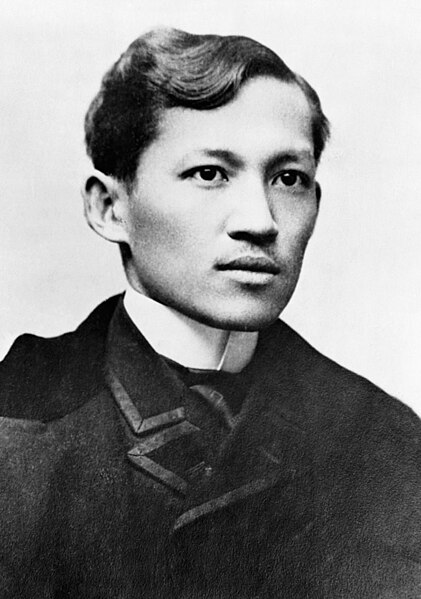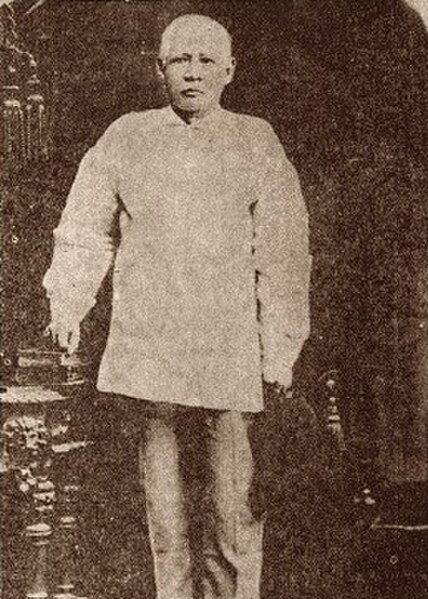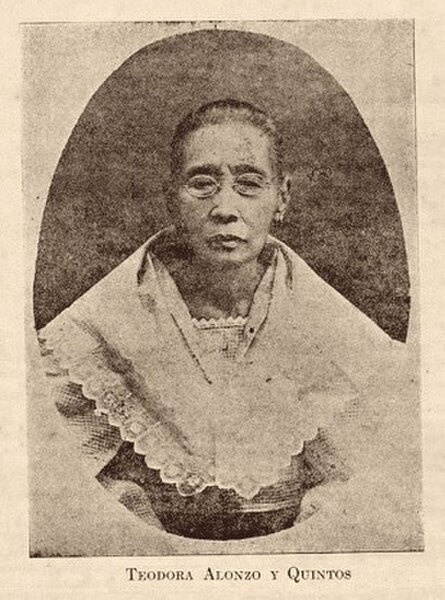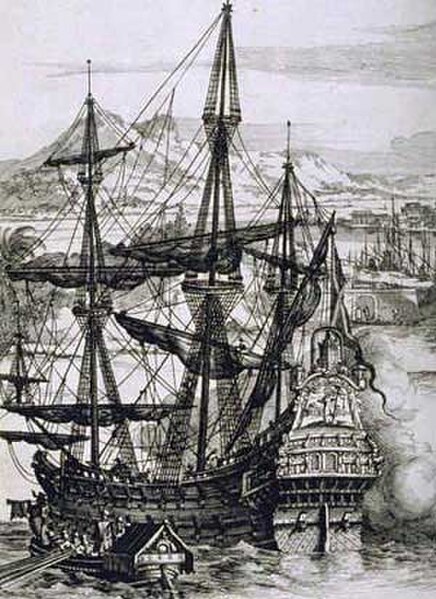José Protasio Rizal Mercado y Alonso Realonda was a Filipino nationalist, writer and polymath active at the end of the Spanish colonial period of the Philippines. He is considered a national hero of the Philippines. An ophthalmologist by profession, Rizal became a writer and a key member of the Filipino Propaganda Movement, which advocated political reforms for the colony under Spain.
Rizal c. 1890s
José Rizal's baptismal register
Francisco Rizal Mercado (1818–1898)
Teodora Alonso Realonda (1827–1911)
Filipino nationalism refers to the establishment and support of a political identity associated with the modern nation-state of the Philippines, leading to a wide-ranging campaign for political, social, and economic freedom in the Philippines. This gradually emerged from various political and armed movements throughout most of the Spanish East Indies—but which has long been fragmented and inconsistent with contemporary definitions of such nationalism—as a consequence of more than three centuries of Spanish rule. These movements are characterized by the upsurge of anti-colonialist sentiments and ideals which peaked in the late 19th century led mostly by the ilustrado or landed, educated elites, whether peninsulares, insulares, or native (Indio). This served as the backbone of the first nationalist revolution in Asia, the Philippine Revolution of 1896. The modern concept would later be fully actualized upon the inception of a Philippine state with its contemporary borders after being granted independence by the United States by the 1946 Treaty of Manila.

The Aguinaldo Shrine built in 1845 is where Philippine independence from Spain was declared on June 12, 1898.
Jose Basco, the 44th governor-general of the Philippines under Spanish colonial rule
Portrait of Charles III of Spain, 1761
Painting of a Spanish galleon during Manila-Acapulco Trade








